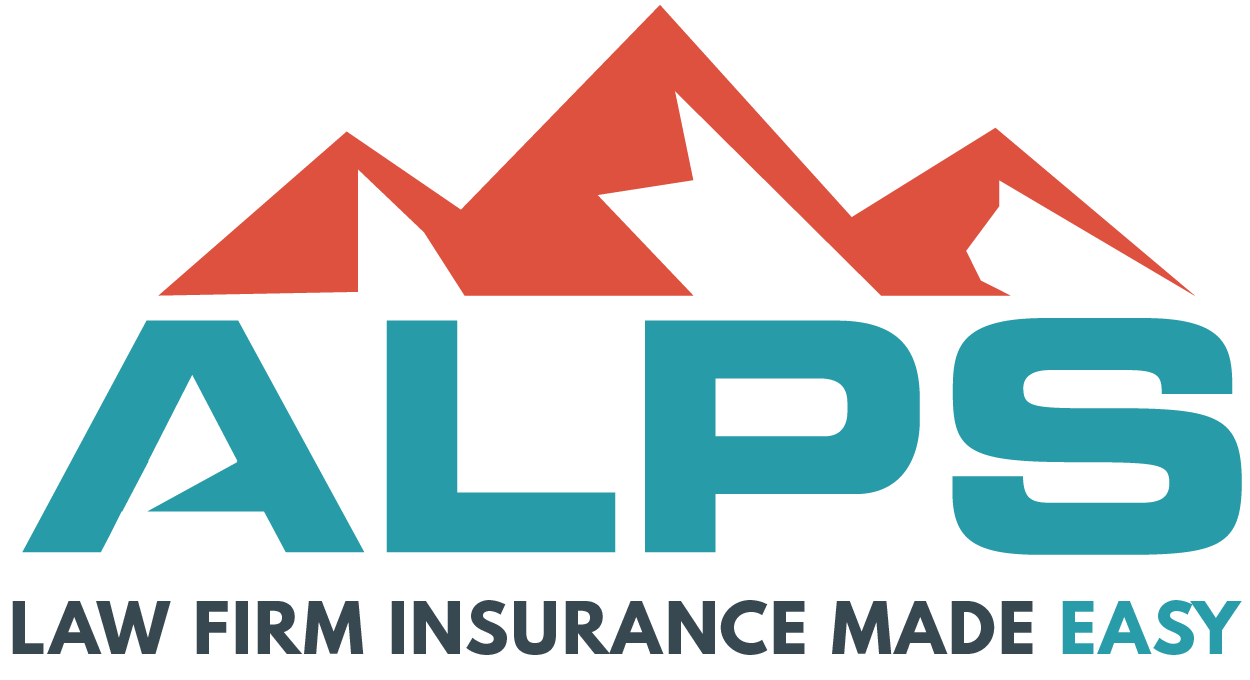By Mark Bassingthwaighte, Esq.
mbass@alpsinsurance.com
In the legal profession, failing to properly manage conflicts of interest with prospective clients can lead to ethical dilemmas, compromised client trust, and potential legal repercussions. “How?” you might ask. Consider the following.
A lawyer is approached by a family who owned and operated a daycare center. They needed a lawyer because their son was facing criminal charges alleging that he inappropriately touched several of the children at the center. Although this lawyer ultimately declined the matter, during the initial consultation he did learn what their defense strategy would be. In part, they claimed their son never had an opportunity to be alone with any of the children.
Now, let’s fast forward eighteen months. This same lawyer just received a call from another prospective client, who happens to be the parent of one of the kids inappropriately touched. This individual is wanting to sue the daycare center. Unsure of his options, this lawyer sits down with his two partners to discuss the situation. During the discussion he shares the brief history of his limited involvement thus far, to include the information he had learned about the daycare center owner’s defense strategy. Can this lawyer accept the civil matter?
It’s tempting to immediately say “of course he can” based upon the fact that he never created an attorney-client relationship with the daycare center. Unfortunately, such a decision would contravene UT RPC 1.18(c) Duties to Prospective Client, which states in part that a lawyer “shall not represent a client with interests materially adverse to those of a prospective client in the same or a substantially related matter if the lawyer received information from the prospective client that could be significantly harmful to that person in the matter.” Thus, the answer to the question is no. The lawyer has a disqualifying conflict. He learned information from the owners of the daycare that could be significantly harmful to them in the civil suit, and the civil suit is a substantially related matter.
That said, do any options remain given the conflict? Possibly. RPC 1.18(d) sets forth two. According to paragraph (d)(1), this conflict is waivable but both the parent wanting to bring the civil suit, and the owners of the daycare must give informed consent in writing. Realistically, however, I suspect trying to successfully obtain consent to waive a conflict like this from the owners of the daycare center would be problematic.
Could one of the other partners in the firm take the civil matter on? This is the second option set forth under RPC 1.18(d). It might be possible if the lawyer in our hypo took reasonable steps during the initial consultation with the owners of the daycare center to avoid learning more disqualifying information than was necessary in order for him to determine if he wanted to take the representation on. Assuming this was the case, in a perfect world another partner could take the civil matter on if the disqualified lawyer were to be timely screened from any participation in the matter, apportioned no part of the fee, and written notice was promptly given to the owners of the daycare center.
Unfortunately, in this situation the perfect world outcome isn’t possible because all of the lawyers at this firm are disqualified. Remember as these lawyers worked through the problem, the prospective client confidence was shared with all. That’s a bell that can’t be unrung.
There are two important takeaways here. First, if a prospective client shares confidential information during an initial consultation, those confidences must be kept. Loyalty is now in play even in the absence of an attorney-client relationship. Second, although the intake attorney is now tainted, none of the other firm’s attorneys need be. For example, if you establish a firm wide policy that mandates the timely entry of relevant information from declined matters where prospective client confidences were obtained into the firm’s conflict database (to include notice that the intake attorney is privy to disqualifying information) and couple this with a policy that any attorney learning a confidence from a prospective client is to take whatever steps are necessary to make certain no one else at the firm has access to that information, you should be able to keep future options in play.
Mark Bassingthwaighte, Esq. Is the resident Risk Manager at ALPS Insurance. To learn more about how ALPS can support your solo or small firm visit: alpsinsurance.com
